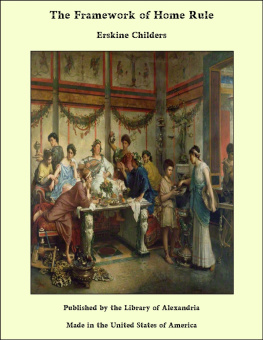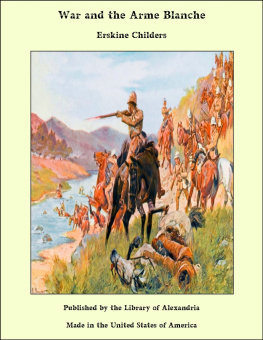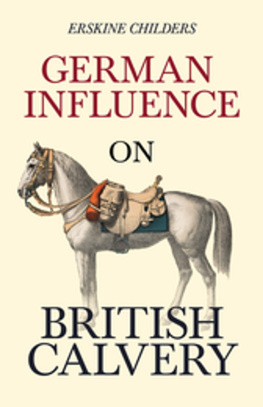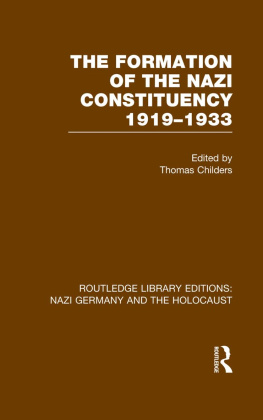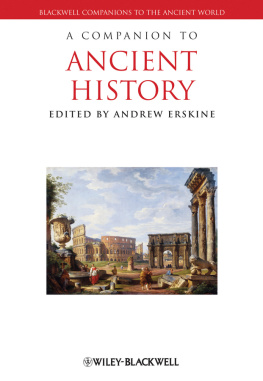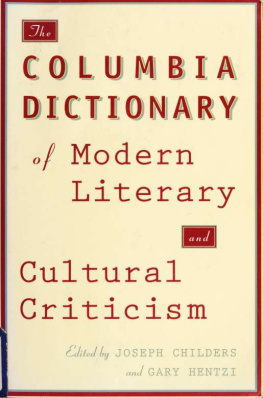INTRODUCTION
My purpose in this volume is to advocate a definite scheme of self-government for Ireland. That task necessarily involves an historical as well as a constructive argument. It would be truer, perhaps, to say that the greater part of the constructive case for Home Rule must necessarily be historical. To postulate a vague acceptance of the principle of Home Rule, and to proceed at once to the details of the Irish Constitution, would be a waste of time and labour. It is impossible even to attempt to plan the framework of a Home Rule Bill without a tolerably close knowledge not only of Anglo-Irish relations, but of the Imperial history of which they form a part. The Act will succeed exactly in so far as it gives effect to the lessons of experience. It will fail at every point where those lessons are neglected. Constitutions which do not faithfully reflect the experience of the sovereign power which accords them, and of the peoples which have to live under them, are at the best perilous experiments liable to defeat the end of their framers.
I shall enter into history only so far as it is relevant to the constitutional problem, using the comparative method, and confining myself almost exclusively to the British Empire past and present. For the purposes of the Irish controversy it is unnecessary to travel farther. In one degree or another every one of the vexed questions which make up the Irish problem has arisen again and again within the circle of the English-speaking races. As a nation we have a body of experience applicable to the case of Ireland incomparably greater than that possessed by any other race in the world. If, from timidity, prejudice, or sheer neglect, we fail to use it, we shall earn the heavy censure reserved for those who sin against the light.
For the comparative sketch I shall attempt, materials in the shape of facts established beyond all controversy are abundant. Colonial history, thanks to colonial freedom, is almost wholly free from the distorting influence of political passion. South African history alone will need revision in the light of recent events. When, under the alchemy of free national institutions, Ireland has undergone the same transformation as South Africa, her unhappy history will be chronicled afresh with a juster sense of perspective and a juster apportionment of responsibility for the calamities which have befallen her. And yet, if we consider the field for partisan bias which Irish history presents, the amount of ground common to writers of all shades of political opinion is now astonishingly large. The result, I think, is due mainly to the good influence of that eminent historian and Unionist politician, the late Professor Lecky. Indeed, an advocate of Home Rule, nervously suspicious of tainted material, could afford to rely solely on his "History of Ireland in the Eighteenth Century," "Leaders of Public Opinion in Ireland," and "Clerical Influences," which are Nationalist textbooks, and, for quite recent events, on "A Consideration of Ireland in the Nineteenth Century," by Mr. G. Locker-Lampson, the present Unionist Member for Salisbury. A strange circumstance; but Ireland, like all countries where political development has been forcibly arrested from without, is a land of unending paradox. It is only one of innumerable anomalies that Irish Nationalists should use Unionist histories as propaganda for Nationalism; that the majority of Irish Unionists should insist on ignoring all historical traditions save those which in any normal country would long ago have been consigned by general consent to oblivion and the institutions they embody overthrown; and that Unionist writers such as those I have mentioned should be able to reconcile their history and their politics only by a pessimism with regard to the tendencies of human nature in general, or of Irish nature in particular, with which their own historical teaching, founded on a true perception of cause and effect, appears to be in direct contradiction.
The truth is that the question is one of the construction, not of the verification, of facts; of prophecy for the future, rather than of bare affirmation or negation. No one can presume to determine such a question without a knowledge of how human beings have been accustomed to act under similar circumstances. Illumination of that sort Irish history and the contemporary Irish problem incontestably need. The modern case for the Union rests mainly on the abnormality of Ireland, and that is precisely why it is such a formidable case to meet. For Ireland in many ways is painfully abnormal. The most cursory study of her institutions and social, economic, and political life demonstrate that fact. The Unionist, fixing his eyes on some of the secondary peculiarities, and ignoring their fundamental cause, demonstrates it with ease, and by a habit of mind which yields only with infinite slowness to the growth of political enlightenment, passes instinctively to the deduction that Irish abnormalities render Ireland unfit for self-government. In other words, he prescribes for the disease a persistent application of the very treatment which has engendered it. Whatever the result, there is a plausible answer. If Ireland is disorderly and retrograde, how can she deserve freedom? If she is peaceful, and shows symptoms of economic recuperation, clearly she does not need or even want it. In other words, if all that is healthy in the patient battles desperately and not in vain, first against irritant poison, and then against soporific drugs, this healthy struggle for self-preservation is attributed not to native vitality, but to the bracing regimen of coercive government.
This train of argument, so far from being confined to Ireland, is as old as the human race itself. Of all human passions, that for political domination is the last to yield to reason. Men are naturally inclined to attribute admitted social evils to every causereligion, climate, race, congenital defects of character, the inscrutable decrees of Divine Providencerather than to the form of political institutions; in other words, to the organic structure of the community, and to rest the security of an Empire on any other foundation than that of the liberty of its component parts. If, in one case, their own experience proves them wrong, they will go to the strangest lengths of perversity in misreading their own experience, and they will seek every imaginable pretext for distinguishing the case from its predecessor. Underlying all is a nervous terror of the abuse of freedom founded on the assumption that men will continue to act when free exactly as they acted under the demoralizing influence of coercion. The British Empire has grown, and continues to grow, in spite of this deeply rooted political doctrine. Ireland is peculiar only in that her proximity to the seat of power has exposed her for centuries to an application of the doctrine in its most extreme form and without any hope of escape through the merciful accidents to which more fortunate communities owe their emancipation. Canada owes her position in the Empire, and the Empire itself exists in its present form to-day, owing to the accident that the transcendantly important principle of responsible government advocated by Lord Durham as a remedy for the anarchy and stagnation in which he found both the British and the French Provinces of Canada in 1838, did not require Imperial legislation, and was established without the Parliamentary or electoral sanction of Great Britain. Lord Durham was derided as a visionary, and abused as unpatriotic for the assertion of this simple principle. Far in advance of his time as he was, he himself shrank from the full application of his own lofty ideal, and consequently made one great, though under the circumstances not a capital, mistake in his diagnosis, and it was to that mistake only that Parliament gave legislative effect in 1840. By one of the most melancholy ironies in all history Ireland was the source of his error, so that the Union of the Canadas, dissolved as a failure by the Canadians themselves in 1867, was actually based on the success of the Anglo-Irish Union in repressing a dangerous nationality. Did the proof of the error in Canada induce Englishmen to question the soundness of the precedent on which the error was based? On the contrary, the lesson passed unnoticed, and the Irish precedent has survived to darken thought, to retard democratic progress, and to pervert domestic and Imperial policy to this very day. It even had the truly extraordinary retrospective effect of obliterating from the minds of many eminent statesmen the significance of the Canadian parallel; for it is only six years ago that a Secretary of State for the Colonies penned a despatch recommending for the Transvaal a form of government similar to that which actually produced the Canadian disorders of 1837, and supporting it by an argument whose effect was not merely to resuscitate what time had proved to be false in Durham's doctrine, but to discard what time had proved to be true. As for Ireland herself, I know no more curious illustration of the strong tendency, even on the part of the most fair-minded men, to place that country outside the pale of social or political science, and of the extreme reluctance to judge its inhabitants by the elementary standards of human conduct, than the book to which I referred aboveMr. Locker-Lampson's "A Consideration of Ireland in the Nineteenth Century." For what he admits to be the ruinous results of British Government in the past, the author in the last few pages of a lengthy volume has no better cure to suggest than a continuance of British government, and he defends this course by a terse enumeration of the very phenomena which in Durham's opinion rendered the grant of Home Rule to Canada imperative, concluding with a paragraph which, with the substitution of "Canada" for "Ireland," constitutes an admirably condensed epitome of the arguments used both by politicians at home, and the minorities in Canada, in favour of Durham's error and against the truth he established.

